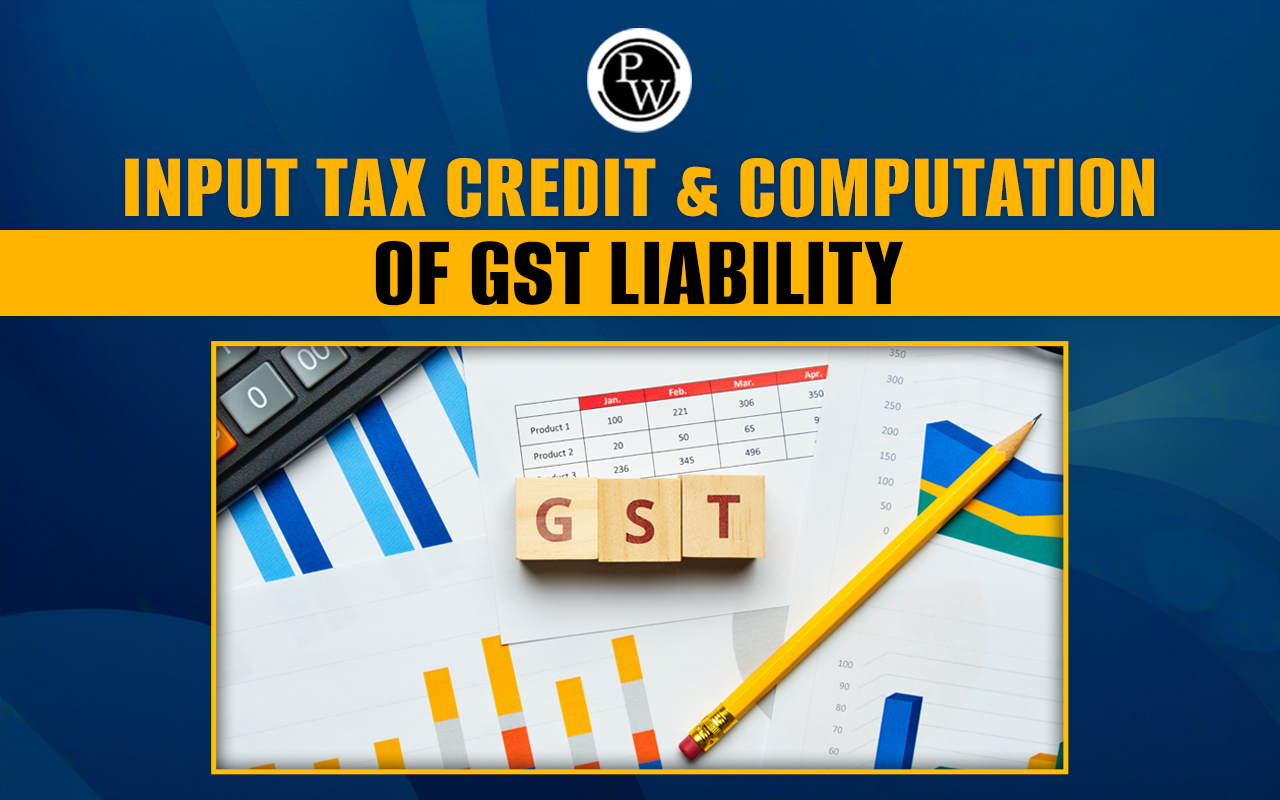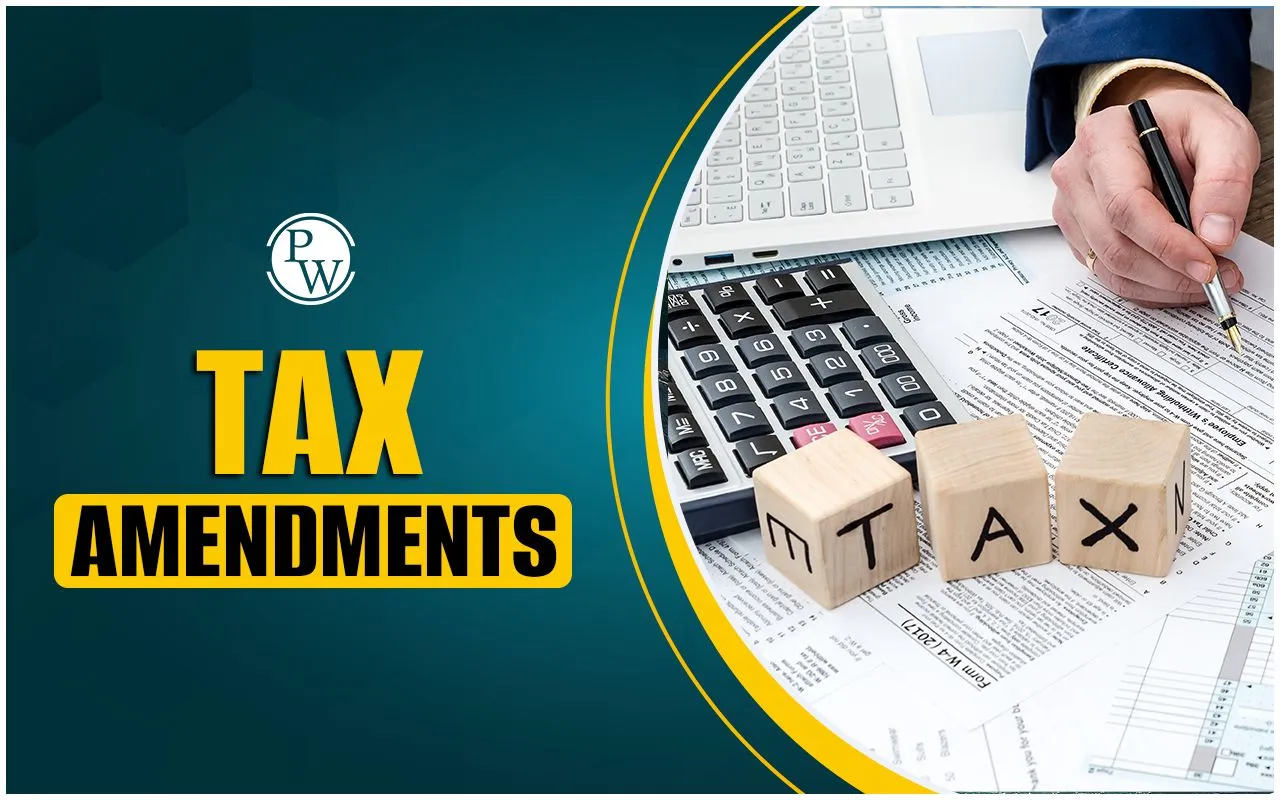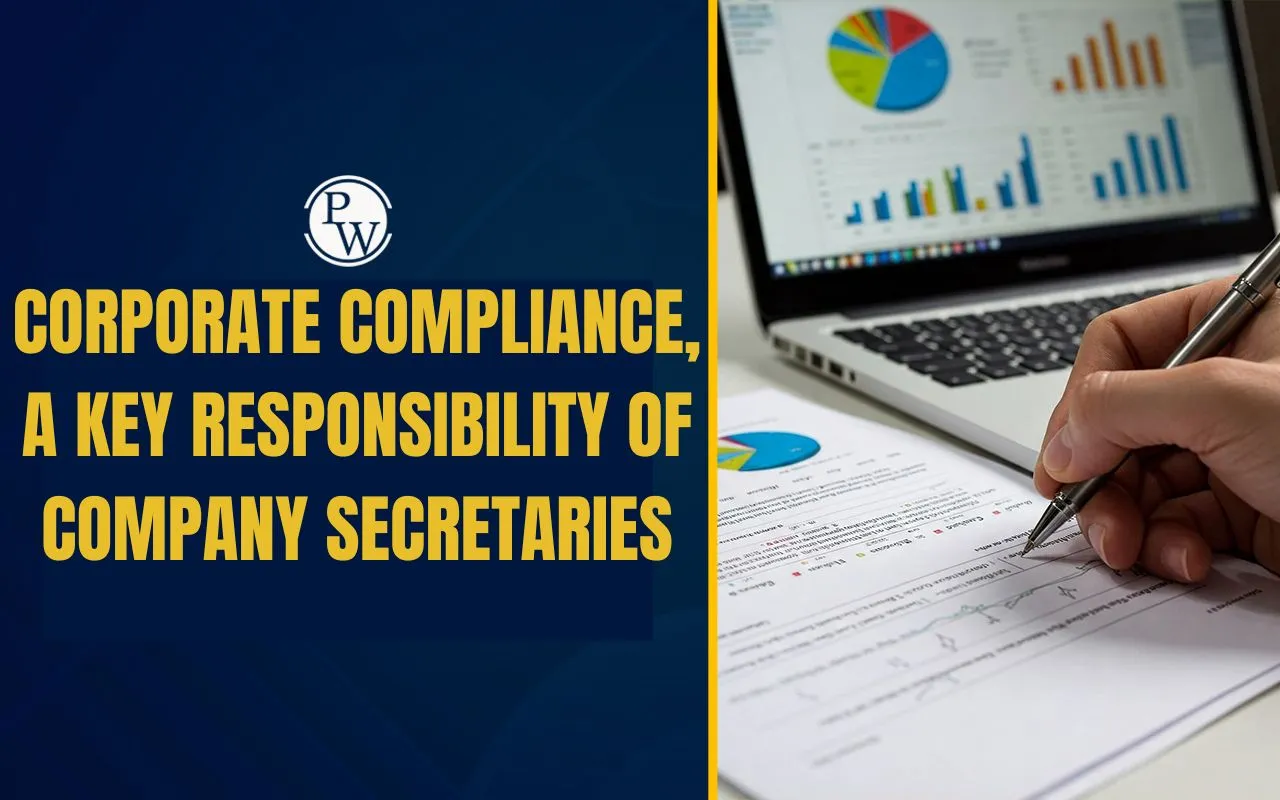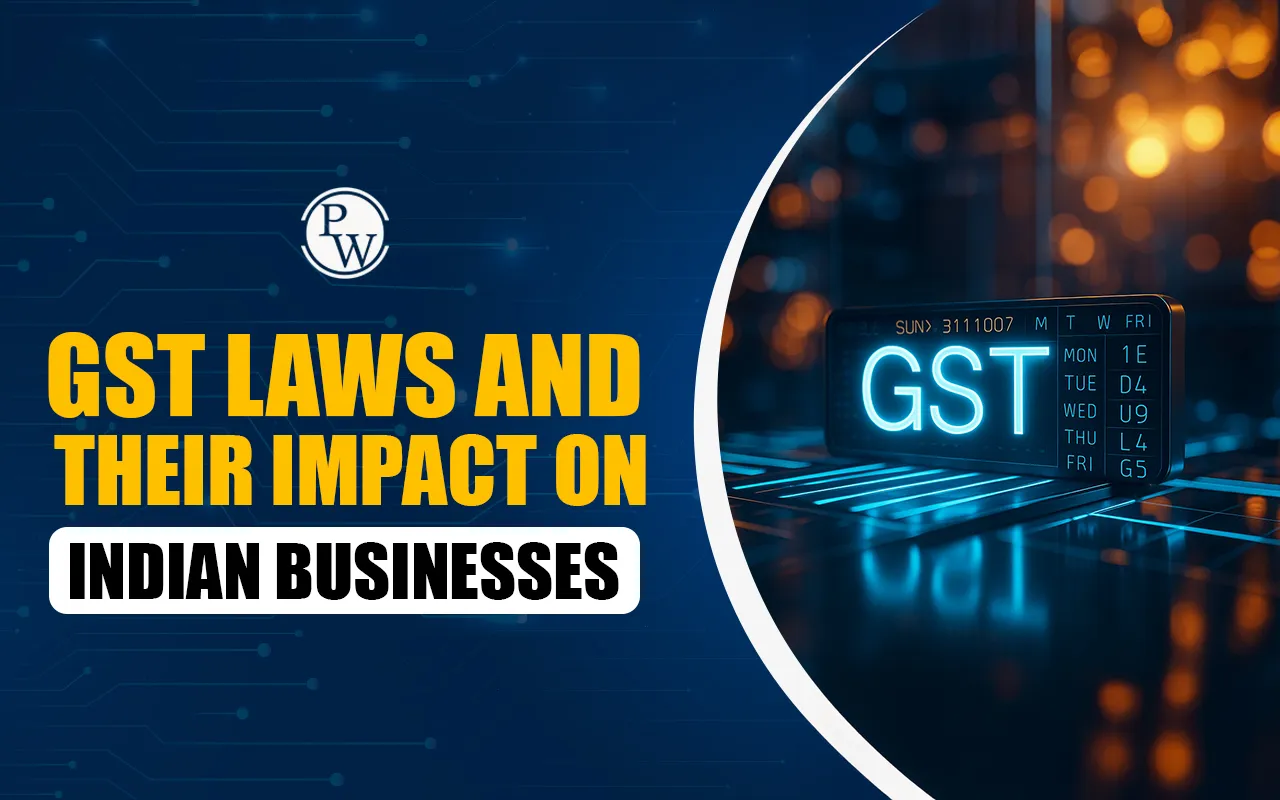

Input Tax Credit (ITC) enables businesses to reclaim the GST paid on goods and services they purchase for their operations. GST, a single, unified tax applied throughout India—from the initial stages of manufacturing to the final sale to the customer—creates a continuous chain of tax credits. This ensures that tax credits flow smoothly across all supply chain stages and benefits everyone by reducing overall tax costs. This article provides a detailed overview of the Input Tax Credit works under GST.
What is the Meaning of Input Tax Credit?
Input Tax Credit (ITC) is an important feature of the Goods and Services Tax (GST). It helps eliminate the double taxation effect and reduces business costs. Input Tax Credit (ITC) enables a registered person to claim the GST paid on goods and services purchased for their business. This credit can offset the GST on the products or services they sell. For example, If a manufacturer buys raw materials for Rs 10,000 and pays 18% GST (Rs 1,800), they can claim this Rs 1,800 as ITC. If they sell goods for Rs 15,000 and collect Rs 2,700 in GST, they can use the Rs 1,800 ITC to reduce their GST payment. So, they will pay Rs 900 in GST. This way, only the added value in the goods is taxed. This process is similar to how an income tax calculator helps you determine your taxes.What is the Eligibility for Claiming Input Tax Credit Under GST?
To qualify for claiming Input Tax Credit (ITC), you must meet the following conditions:- Valid Tax Invoice: To claim ITC, you must have a valid tax invoice or another approved tax document.
- Receipt of Goods or Services: ITC can be claimed only after receiving the goods or services, even if the shipping and billing addresses differ.
- Actual Tax Payment: The supplier must have paid the tax amount for the credit to be claimable by you.
- Return Filing: You must have filed the necessary GST returns to claim ITC. This involves submitting a summary return of both outward and inward supplies.
- Lot-based Eligibility : ITC can only be claimed after receiving the final lot if inputs are received in multiple lots. The credit is only applicable once all instalments have been delivered.
- Timely Payment to Supplier : The value of the goods or services and the tax must be paid to the supplier within 180 days from the invoice date. If payment is not made within this period, the credit amount will be added to your output tax liability, including interest. ITC can be reclaimed only when payment is made.
- Time Limits for Claiming ITC : ITC claims must be made by either the due date for the annual return filing for the financial year or by November 30th of the following year, whichever is earlier. For example, ITC for FY 2022-23 must be claimed before filing the October 2023 return or the annual return for FY 2022-23.
Steps to Claim Input Tax Credit (ITC) Under GST
To claim ITC under GST, follow these steps:- Use the GSTR-2B statement to check your input tax credit details. This statement is auto-generated based on returns filed by your suppliers.
- Match the ITC details from your books of accounts with the ones in GSTR-2B.
- Declare your output tax liability and the matched ITC details when filing your monthly return in form GSTR-3B.
- Follow up with your suppliers if there are any mismatched ITC details.
- Fix any differences and claim the correct ITC in next month’s return.
- Ensure that any excess ITC claimed is reversed with applicable interest.
Documents Required to Claim ITC:
To claim an Input Tax Credit (ITC), you'll need the following documents:- Supplier’s Invoice : For purchased goods or services.
- Bill of Supply : For exempt supplies.
- Supplier’s Debit Note : To correct or update details.
- ISD Document : For credits from an Input Service Distributor.
- Bill of Entry : For imported goods.
Types of Input Tax Credit Under GST
The three types of Input Tax Credits under GST is discussed below:- Inputs: This refers to the GST paid on goods bought for resale or use in the business, like office supplies or inventory.
- Capital Goods: These items bought for long-term use, such as machinery or computers, are recorded as fixed assets in the books.
- Input Services: This includes the GST paid on services used for the business, like telephone or internet services.
GST Input Tax Credit (ITC) Important Points
The other important points related to the input tax credit is listed below:- ITC can be claimed only if the invoice has all the required details per Invoice Rules.
- If the tax on inputs exceeds the tax on outputs, the excess ITC can be carried forward or refunded.
- After claiming ITC, the remaining tax must be paid to the government by the 20th of the month through GSTR-3.
- ITC claims must be made by September of the following financial year or the date of filing the Annual Return, whichever is earlier.
- If registered for GST within 30 days of becoming liable, ITC can be claimed on stock held before the liability date.
- Switching from the composition scheme to the usual scheme allows ITC claims on stock and capital goods held before switching.
- ITC can be claimed on related stock and capital goods when exempt supplies become taxable.
- Unutilized ITC can be transferred to the new entity on sale, merger, or demerger.
- ITC can be claimed on GST paid under the Reverse Charge Mechanism.
- ITC is allowed on GST paid for capital goods but not if depreciation is claimed on the tax component.
- GST paid on inputs will auto-populate in GSTR-2, but GST paid under Reverse Charge must be manually entered.
Benefits of Claiming Input Tax Credit (ITC) Under GST
The various benefits of claiming Input Tax credit under GST are mentioned below:- Lowers Tax Payments : Claiming ITC helps businesses reduce their overall tax payments by allowing them to subtract the GST they paid on purchases from the GST they owe on sales.
- Improves Cash Flow : Recovering GST paid on inputs helps businesses retain more funds and enhance their expense management.
- Prevents Tax on Tax : ITC prevents the problem of paying tax on tax, known as cascading tax, by letting businesses claim credit for the GST already paid on their purchases.
- Makes Products Affordable : Lower tax costs through ITC can help businesses offer more competitive prices for their products or services. This process eventually helps them to attract more and more customers.
- Encourages Proper Record-Keeping : To claim ITC, businesses must keep accurate records and file correct tax returns, which helps ensure they follow tax laws correctly.
- Supports Business Growth : Recovering input tax helps businesses save money, which can be used to invest in growth and expansion.
- Enhances Financial Transparency : ITC claims require detailed documentation of transactions, which increases transparency and helps keep financial dealings clear and honest.
Input Tax Credit: ITC Under GST FAQ
Can we claim ITC on exempted goods?
ITC cannot be claimed for inputs used in such exempted goods as it will lead to negative taxation
Can we claim ITC on Zero-rated goods?
Zero-rated supply differs from exempt supply, which is not taxable but does not allow the supplier to claim any ITC.
Can the Input tax credit be refunded?
A taxpayer can claim a monthly refund of unutilized ITC.
Which input tax credit cannot be claimed?
High sea sales and similar transactions are neither considered a supply of goods nor services and are treated as exempt. Therefore, ITC proportional to these sales cannot be claimed according to the revised section 17(3).
🔥 Trending Blogs
Talk to a counsellorHave doubts? Our support team will be happy to assist you!

Check out these Related Articles
Free Learning Resources
PW Books
Notes (Class 10-12)
PW Study Materials
Notes (Class 6-9)
Ncert Solutions
Govt Exams
Class 6th to 12th Online Courses
Govt Job Exams Courses
UPSC Coaching
Defence Exam Coaching
Gate Exam Coaching
Other Exams
Know about Physics Wallah
Physics Wallah is an Indian edtech platform that provides accessible & comprehensive learning experiences to students from Class 6th to postgraduate level. We also provide extensive NCERT solutions, sample paper, NEET, JEE Mains, BITSAT previous year papers & more such resources to students. Physics Wallah also caters to over 3.5 million registered students and over 78 lakh+ Youtube subscribers with 4.8 rating on its app.
We Stand Out because
We provide students with intensive courses with India’s qualified & experienced faculties & mentors. PW strives to make the learning experience comprehensive and accessible for students of all sections of society. We believe in empowering every single student who couldn't dream of a good career in engineering and medical field earlier.
Our Key Focus Areas
Physics Wallah's main focus is to make the learning experience as economical as possible for all students. With our affordable courses like Lakshya, Udaan and Arjuna and many others, we have been able to provide a platform for lakhs of aspirants. From providing Chemistry, Maths, Physics formula to giving e-books of eminent authors like RD Sharma, RS Aggarwal and Lakhmir Singh, PW focuses on every single student's need for preparation.
What Makes Us Different
Physics Wallah strives to develop a comprehensive pedagogical structure for students, where they get a state-of-the-art learning experience with study material and resources. Apart from catering students preparing for JEE Mains and NEET, PW also provides study material for each state board like Uttar Pradesh, Bihar, and others
Copyright © 2025 Physicswallah Limited All rights reserved.











